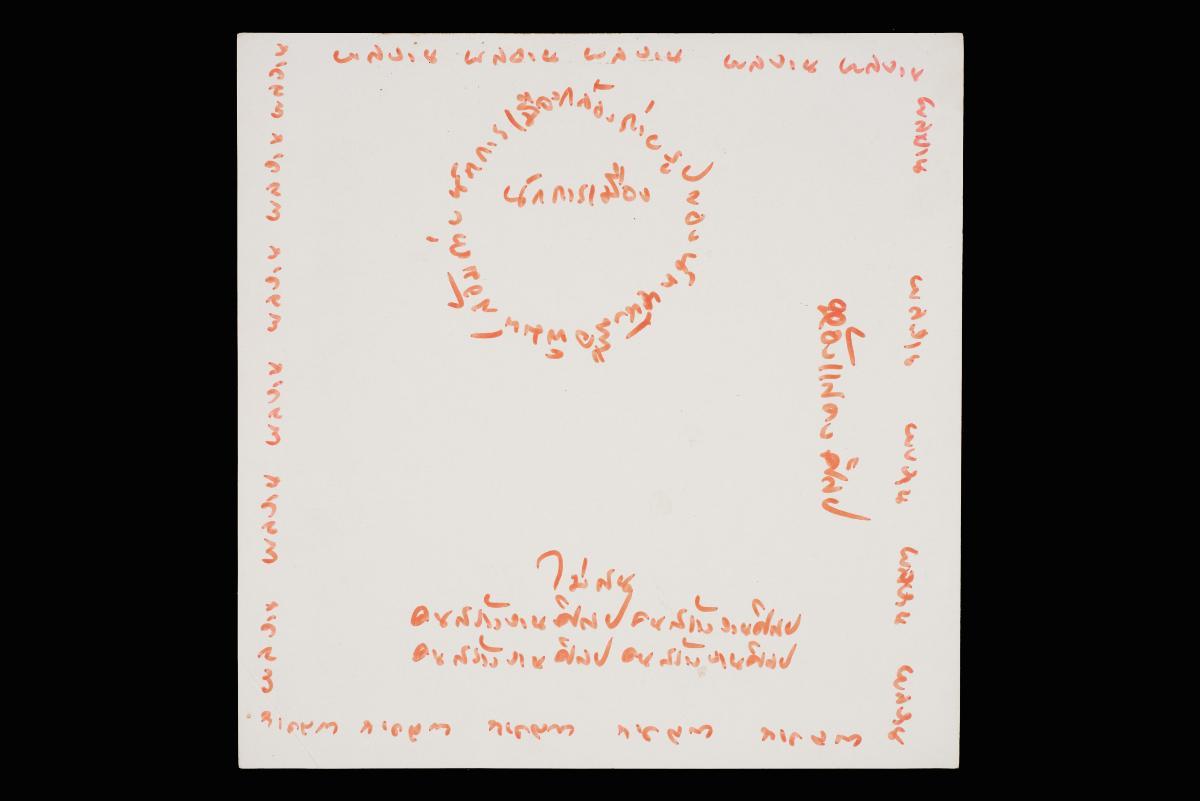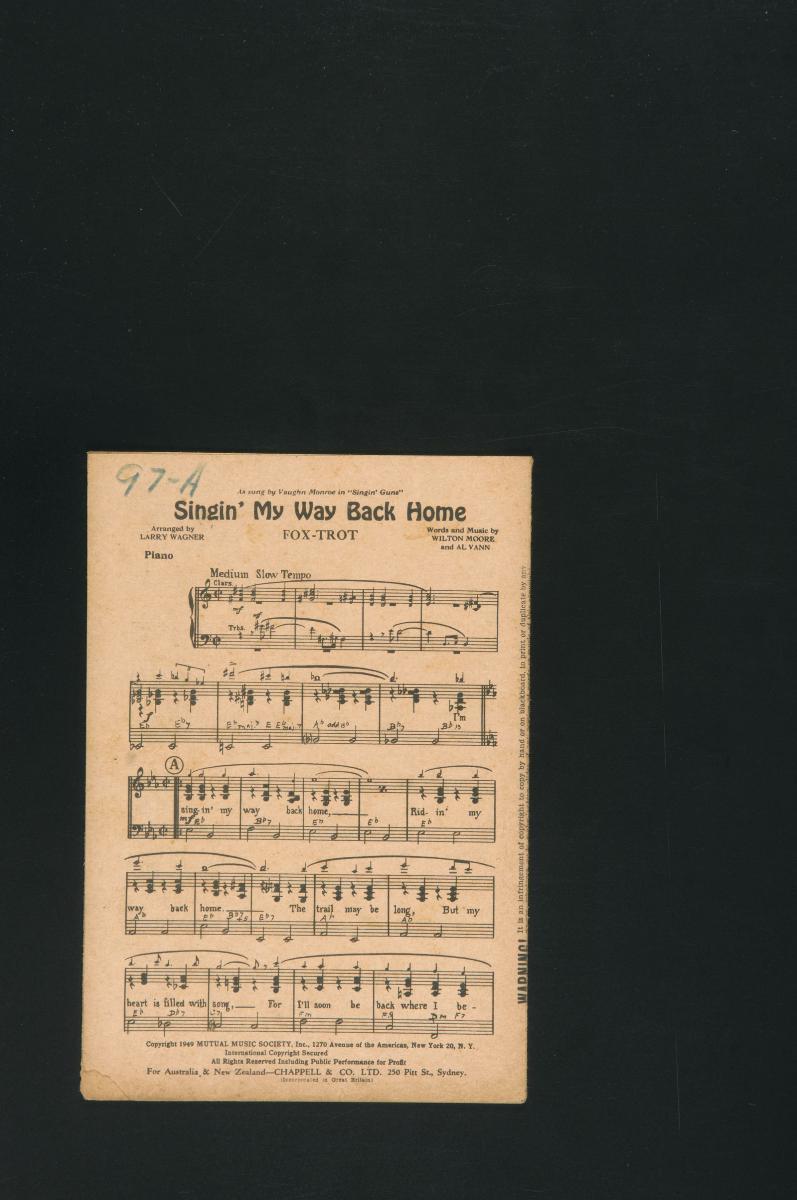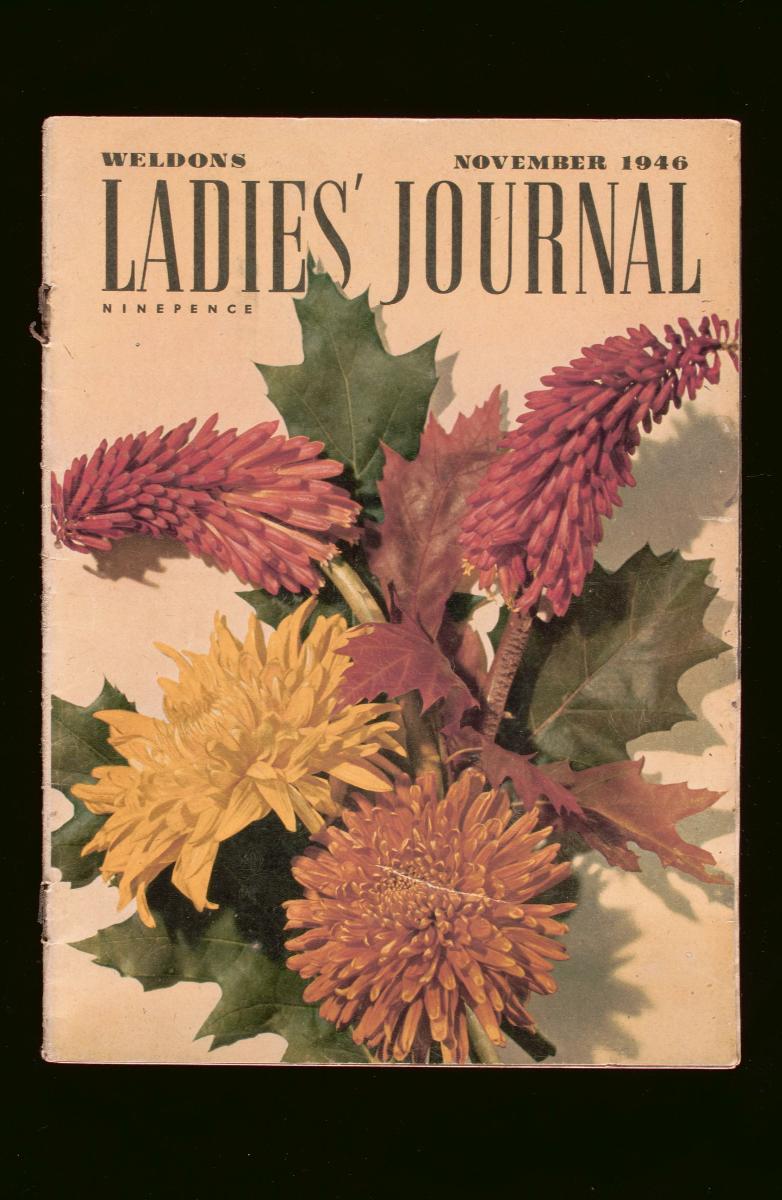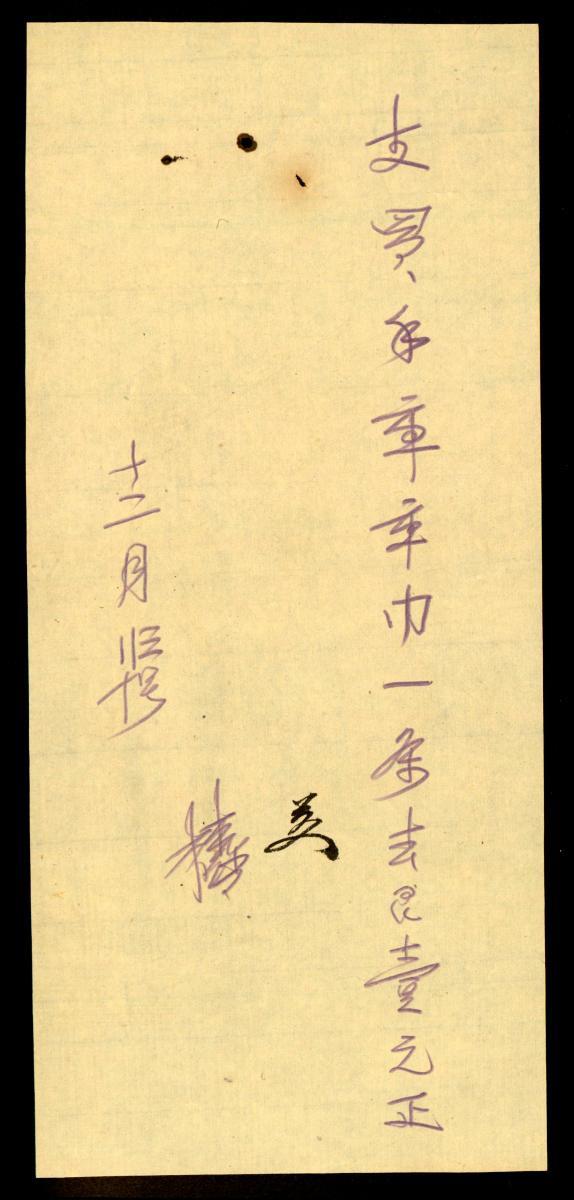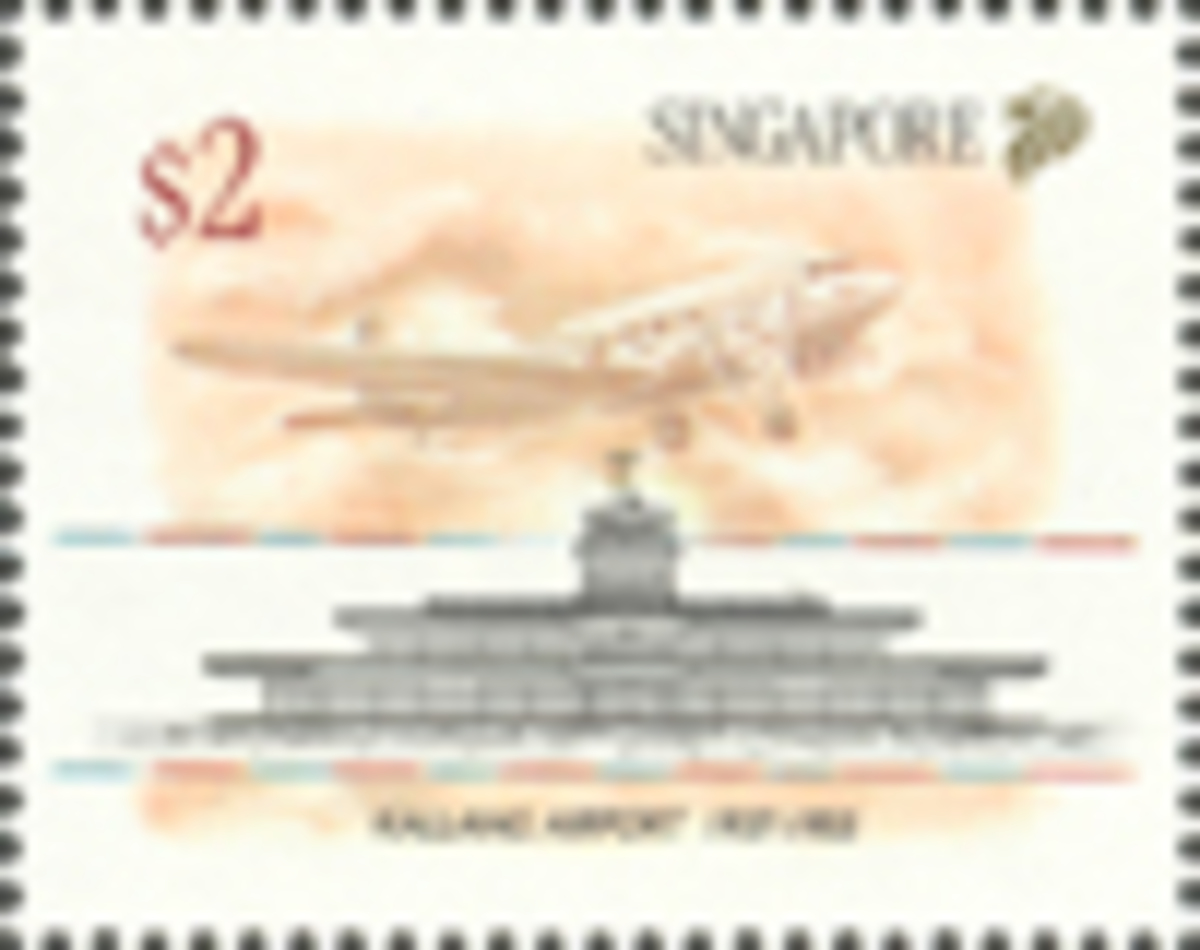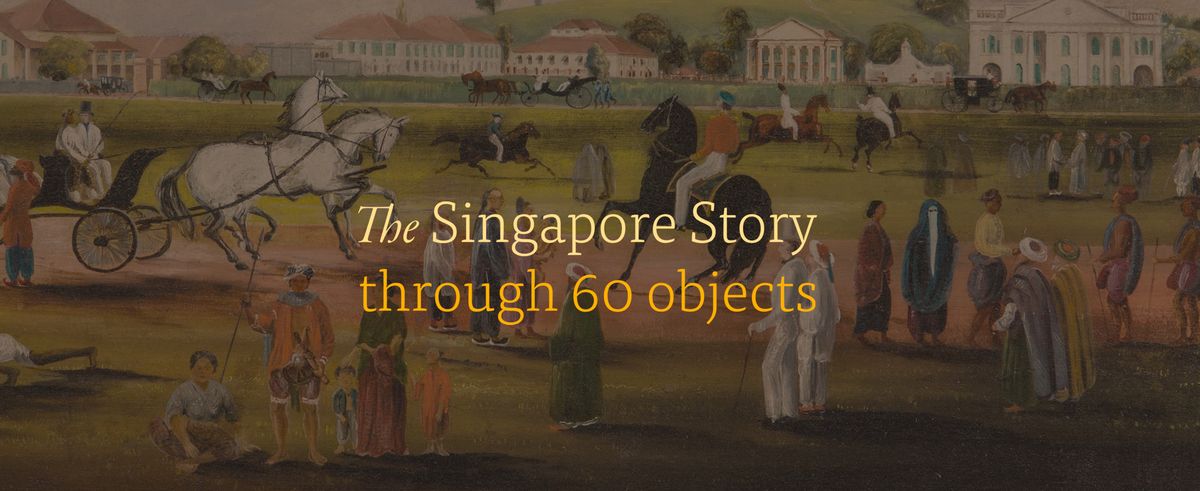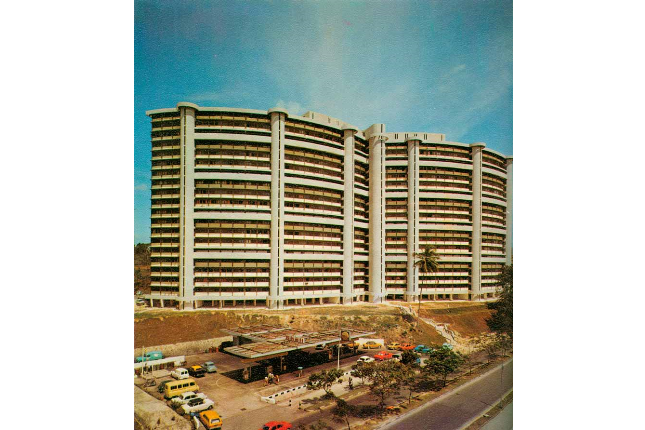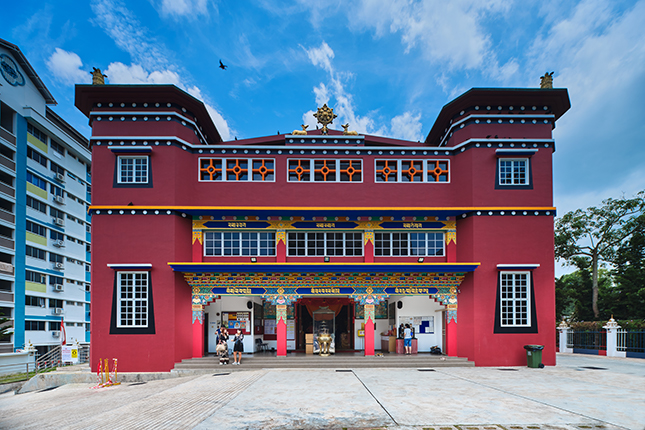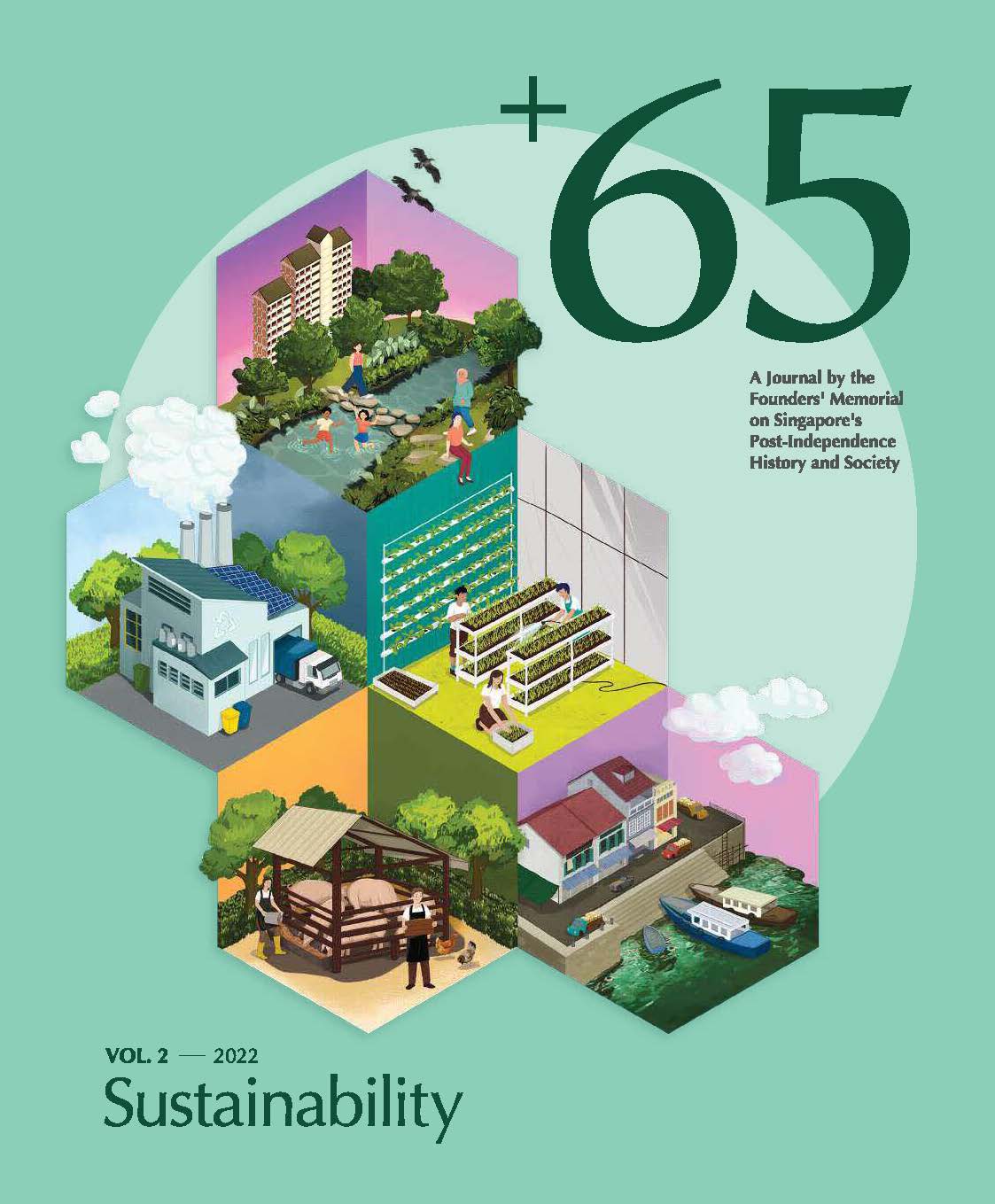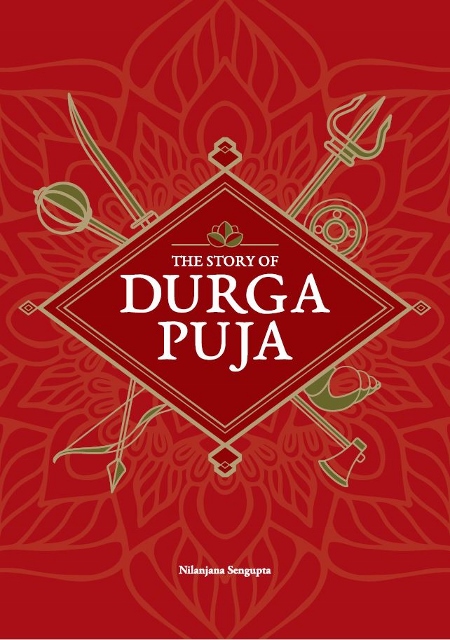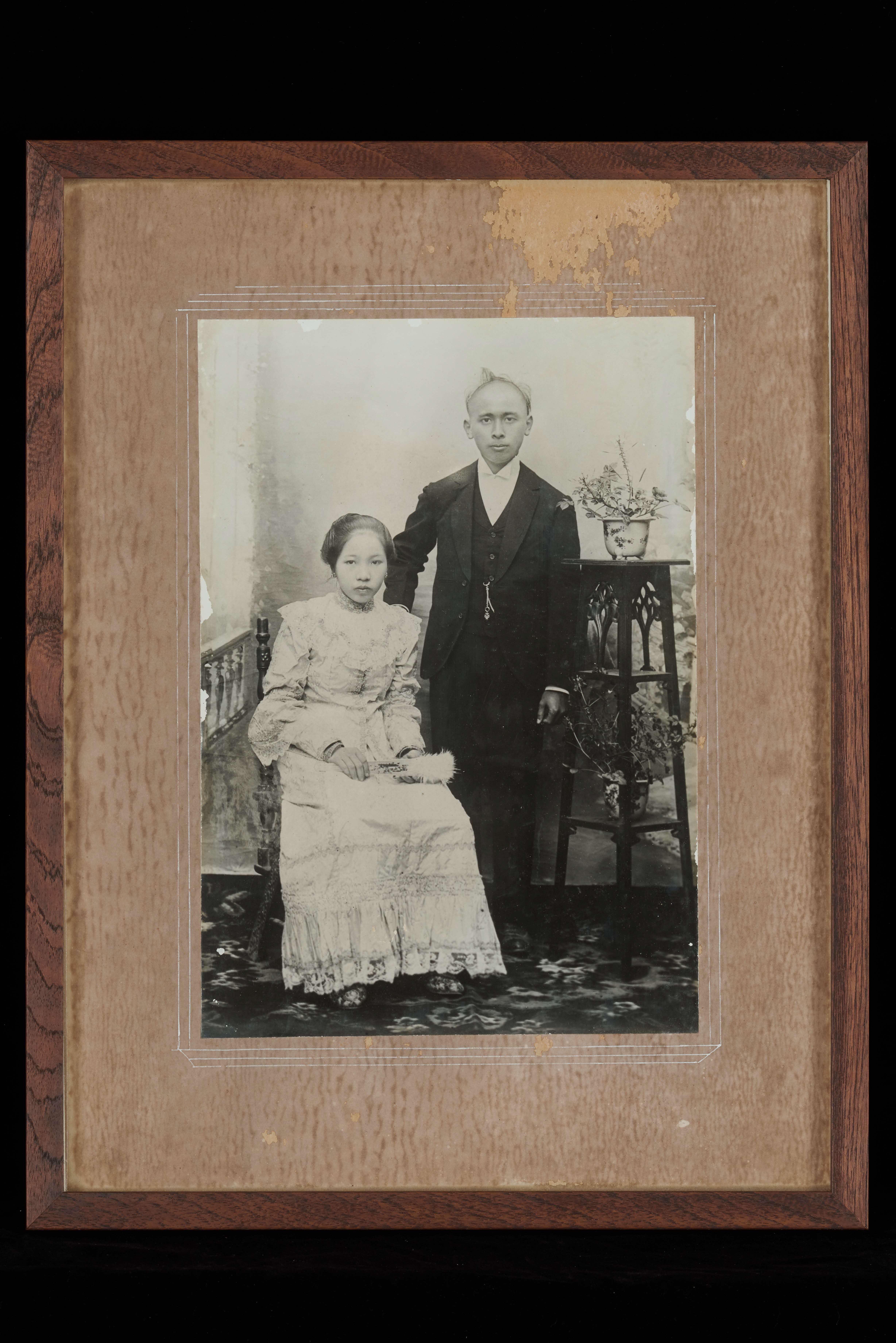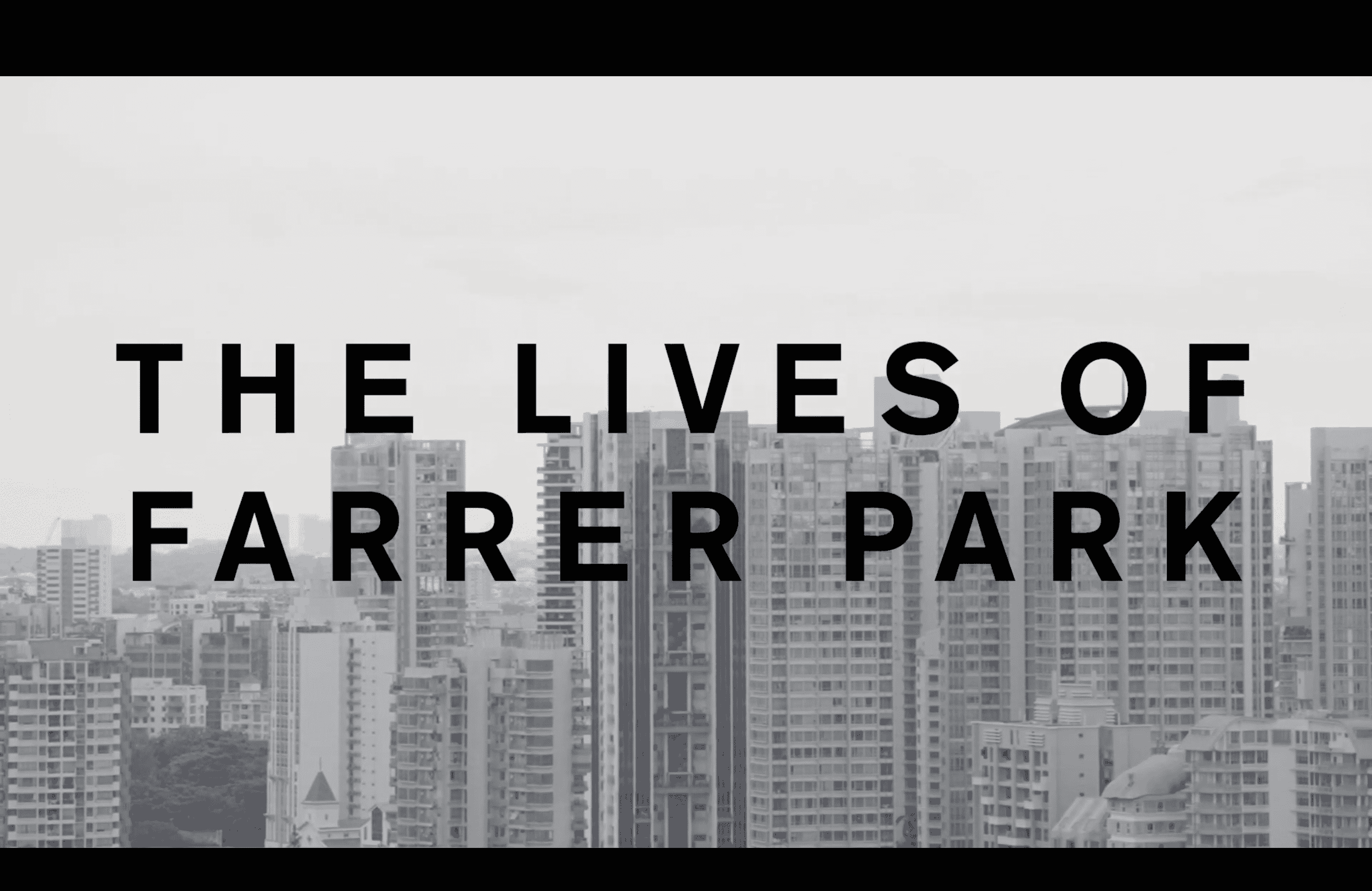Throughout his career, Thai Chinese artist Tang Chang positioned himself outside of mainstream art circles dominated by Silpakorn University and its National Exhibition of Art. Instead, he preferred to hold exhibitions of his and his student’s works at his own home. Chang refused to sell his works, preferring instead to gain income through other means. In 1968, when the artist was 34 years old, he self-published a book featuring his ‘concrete poems,’ which dealt with social themes as well as more personal meditations on nature and family life. Unlike his paintings, these works garnered interest from Thai literary circles, gaining popularity within counterculture movements that were gaining traction in the late 1960s and early 1970s.In this wry concrete poem the Thai words ผลงาน = Art pieces;ห้องแสดงศิลป์ = Exhibition Room;กล้องถ่ายรูปของนักหนังสือพิมพ์ล้อมถ่ายนักการเมือง = Journalists’ cameras surrounding politicians;นักการเมือง = Politician;ไม่สน = ignore;คนสร้างงานศิลป์ = Person who creates art / Artists;are configured to show the relationship between art, media and politics, especially the disparity of status between artists and politicians.




